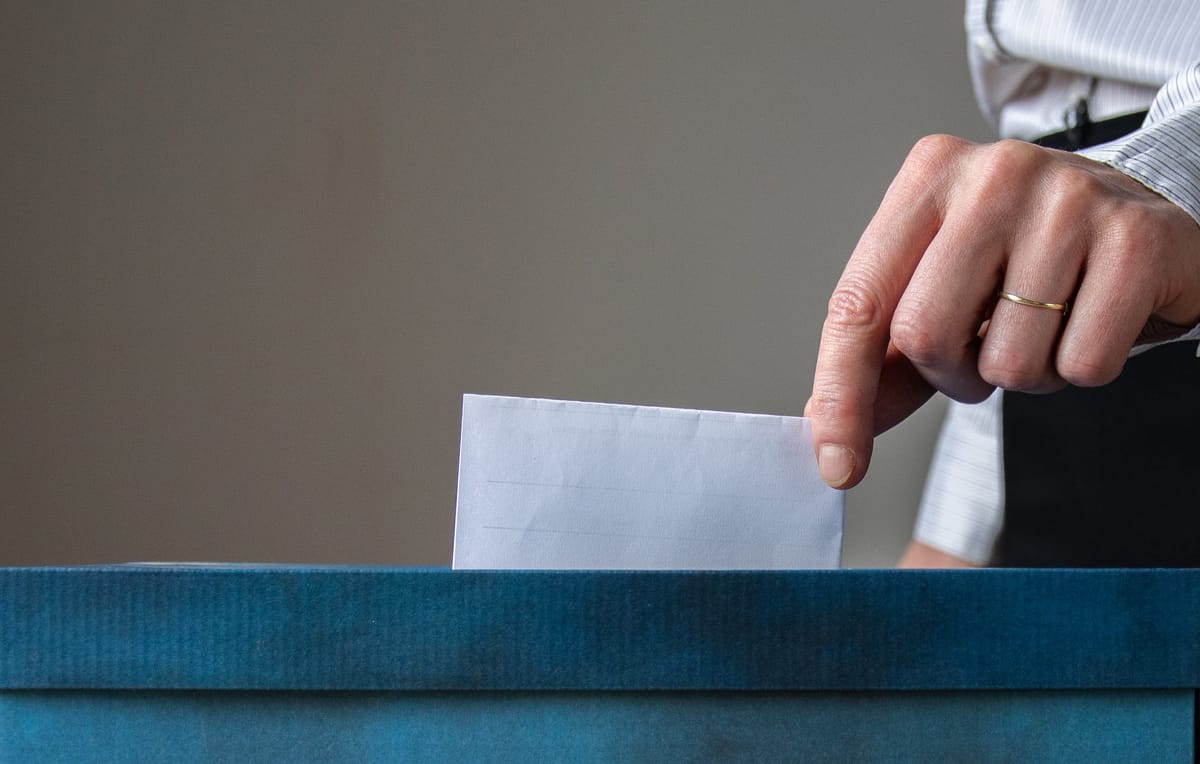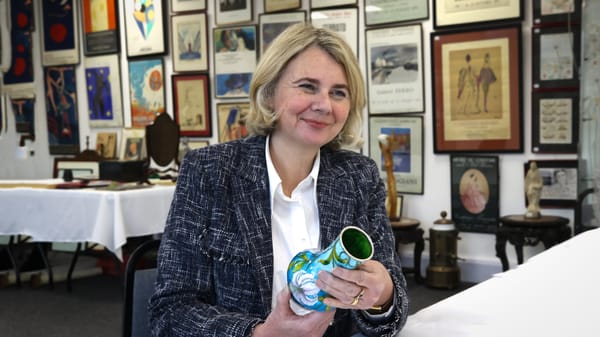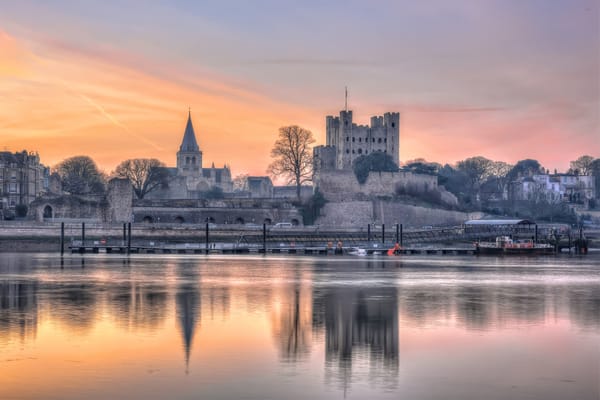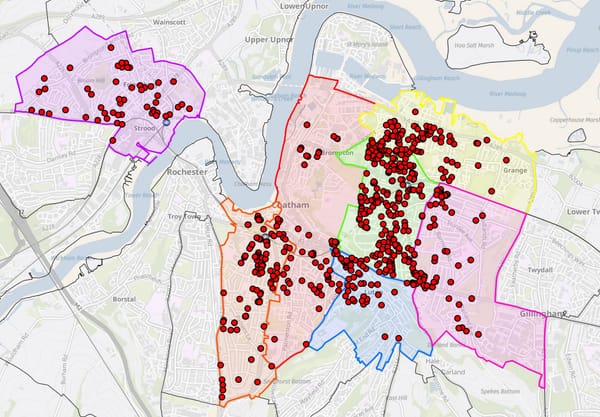Can the polls give us a clue?
Medway Elects founder Alan Collins Rosell on the candidates standing and their chances in the coming election

Editor’s note: You might have noticed that the General Election is upon us, and with it, a flurry of opinion pieces on how it’s going, polling, and bombastic political announcements. But just how are things looking in Medway? Instead of our usual armchair analysis, we’ve roped in Alan Collins Rosell, founder of Medway Elects, an incredible little website that tracks the full electoral history of our towns, to weigh in on the candidates standing and their chances in two weeks’ time. It should be noted that this piece was written last week, and given how fast things seem to be moving, some of the polling data referenced below may have already been superseded.
Can the polls give us a clue?
by Alan Collins Rosell
So here it is, slightly earlier than most of us were expecting. The General Election that Prime Minister Rishi Sunak promised would be happening in the second half of this year is, indeed, happening on the first Thursday in the second half of this year. It’s often said that politicians cannot be trusted to keep their word, but, on this at least, Sunak stuck to his guns, so kudos to a Prime Minister who, if ennobled in the future, could quite comfortably take the title Lord Sunak of Kamikaze.
With Labour consistently polling 20 points or more ahead in the polls, the result of this election has seemed a foregone conclusion for the last 18 months or more. The discussion only ever seems to be about the size of Labour’s likely majority. And, while polls traditionally narrow during an election campaign, no one seems to be returning to the Conservative fold. It’s all looking a bit bleak for a party which has led the government for 14 years.
But polls only give you a snapshot of how a small sample of the electorate are leaning. They cannot reliably predict the outcome of an election. Even the overall vote share on election day is, ultimately, meaningless. In a system like ours, which uses the first past the post electoral system, there are 650 results which matter, as it is not the number of votes a party receives which gives it power but getting a majority of members of parliament to get its policies through. Just ask Clement Attlee, whose Labour Party won the highest number of votes in 1951 but saw the Conservatives, led by Winston Churchill, win a majority of seats.
As such, parties will focus a lot of attention (in people and money) on ‘target’ or ‘battleground’ seats. These are the seats which can switch from one party to another and hold the key to the eventual outcome. In Medway, for example, with the exception of the six months between the Rochester and Strood by-election in 2014 and the general election in 2015, all constituencies have been represented in parliament by the party of government continuously since 1979.
If you want an idea of how important a battleground Medway is, you only have to look to the day after Rishi Sunak announced the election, when the leader of the Labour Party, Sir Keir Starmer, chose to fire the starting gun of his election campaign at Gillingham Football Club’s Priestfield Stadium.
But, while it might seem like a lifetime ago, in 2019, the Conservatives won all three seats in Medway with around two-thirds of the vote. In percentage terms, Labour’s vote share in each constituency was in the 20s. In any normal terms, those kinds of vote shares should be insurmountable for any challenger party.
Well, using the data as published on the date candidates were announced (7 June), I’ll be taking a look at the candidates in each of Medway’s three constituencies, the swing required for them to fall to Labour, and what the ‘experts’, the projections from Electoral Calculus, Survation and UK Polling Report, are saying is likely to happen.
Strap in!




